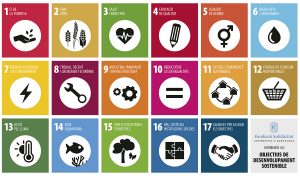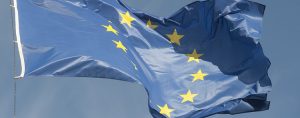The UB Solidarity Foundation is represented at the event by the coordinator of its Program of natural solutions for a sustainable development.
From April 1 to 7, the INOWASIA steering committee convenes in Laos for its third biannual meeting. The meeting has started in Vang Vieng and has been followed by a workshop on water resources management and challenges in Southeast Asia, organized by the National University of Laos (NUOL), in Vientiane Capital. Finally, the other Laotian higher education institution involved in INOWASIA, Souphanouvong University (SU), is hosting the event in Luang Prabang.
Water quality measurements and interships
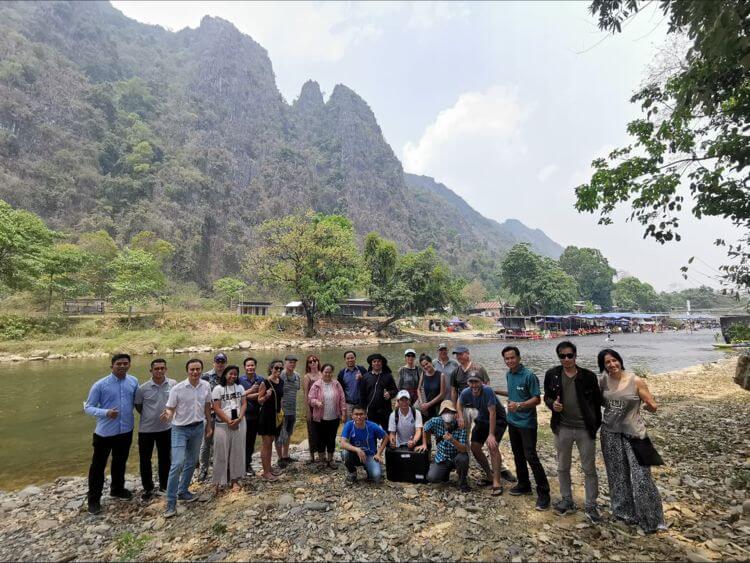
In Vang Vieng, the INOWASIA committee has carried out surface water quality measurements in the Xong River. The quality was very good, and it has been an opportunity to test the equipment acquired by the NUOL as part of the project.
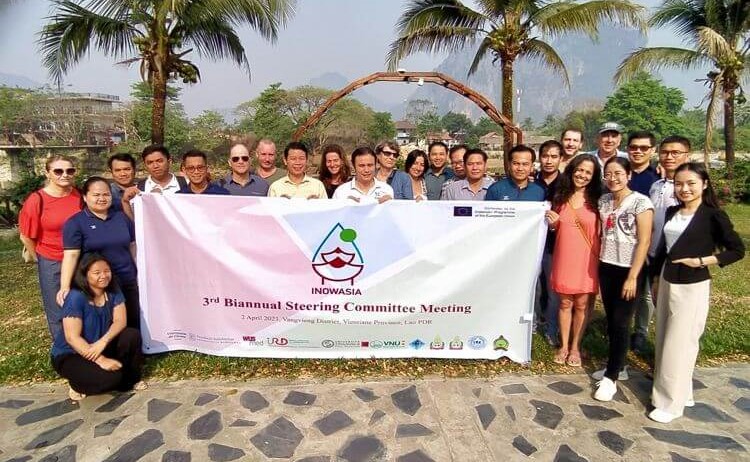
In addition, the committee has had a meeting on Problem-Based Learning (PBL) courses and internships among Southeast Asian partners. PBL courses will soon be available online for the Southeast Asian partners’ students. As for the internships, which are now starting, each Southeast Asian partner can send two students to another partner’s university, where they will spend three or more months practicing on water-related issues.
In fact, this week the NUOL has received its first two internship students, who come from the National University of Battambang (NUBB), in Cambodia. They will work on the biological, physical and chemical characterization of the quality of domestic wastewater at the NUOL Center of Excellence in Environment.
Soil health and wastewater treatment
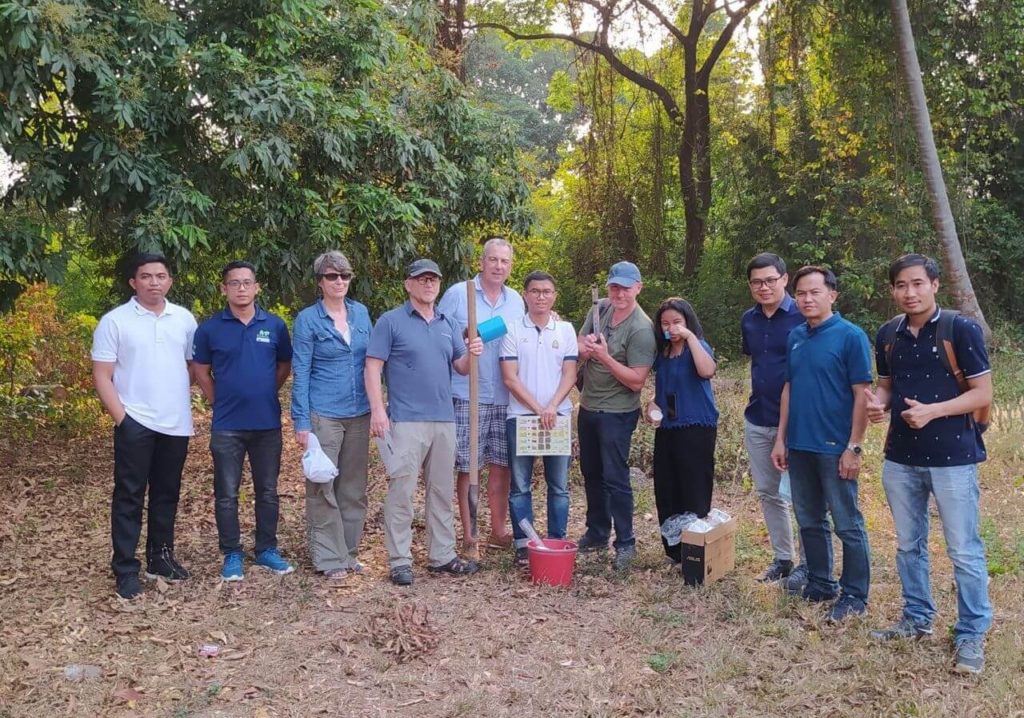
It has been precisely in this Centre where the participants in the meeting have had a demonstration of the functioning of some tools related to the management of water resources. Among others, the Institut de Recherche pour le Développement (IRD) has presented the Biofunctool: a low-tech tool made to measure soil health, low cost and easy to use.
In the framework of the meeting, the INOWASIA committee has also visited the Vientiane Province wastewater treatment plant, which collects sludge from septic tanks and lets it dry in the sun to create fertilizer that will then be used for agriculture.
Workshop on water resources management
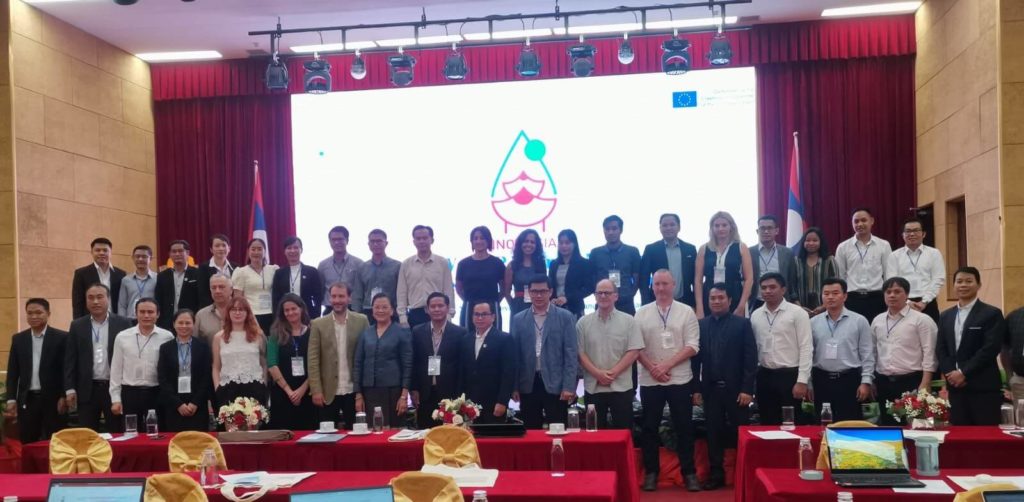
Within the meeting, the NUOL has organized a workshop on water resources management and challenges in Southeast Asia, which has been designed to provide an overview of integrated water management plans. That is why the INOWASIA steering committee has invited national and international related stakeholders to participate in it.
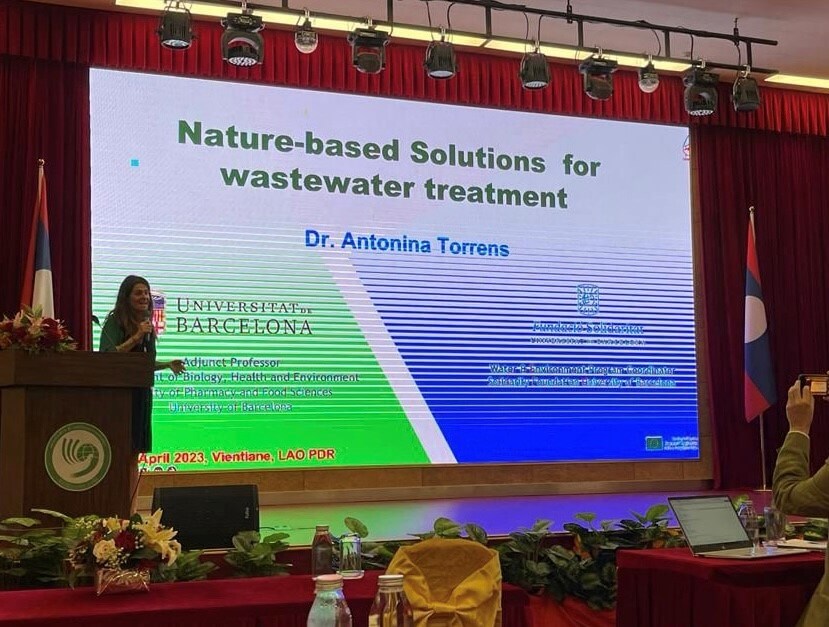
In particular, the workshop has included talks on: water supply and water resources management in Laos; domestic wastewater management in Vientiane Capital; groundwater management in the Vietnamese Mekong Delta; soil health and soil bioturbation, in relation to the hidden and neglected link between soil and water quality; water resources management in Cambodia; pattern of water quality and fish diversity in the Lower Mekong Basin and Tonle Sap Lake of Cambodia; nanobubble technology for the degradation of persistent organic pollutants in water, and nature-based solutions for domestic wastewater treatment. The latter, in charge of Dr. Antonina Torrens, coordinator of the Program of natural solutions for a sustainable development of the Solidarity Foundation of the University of Barcelona.
First prize
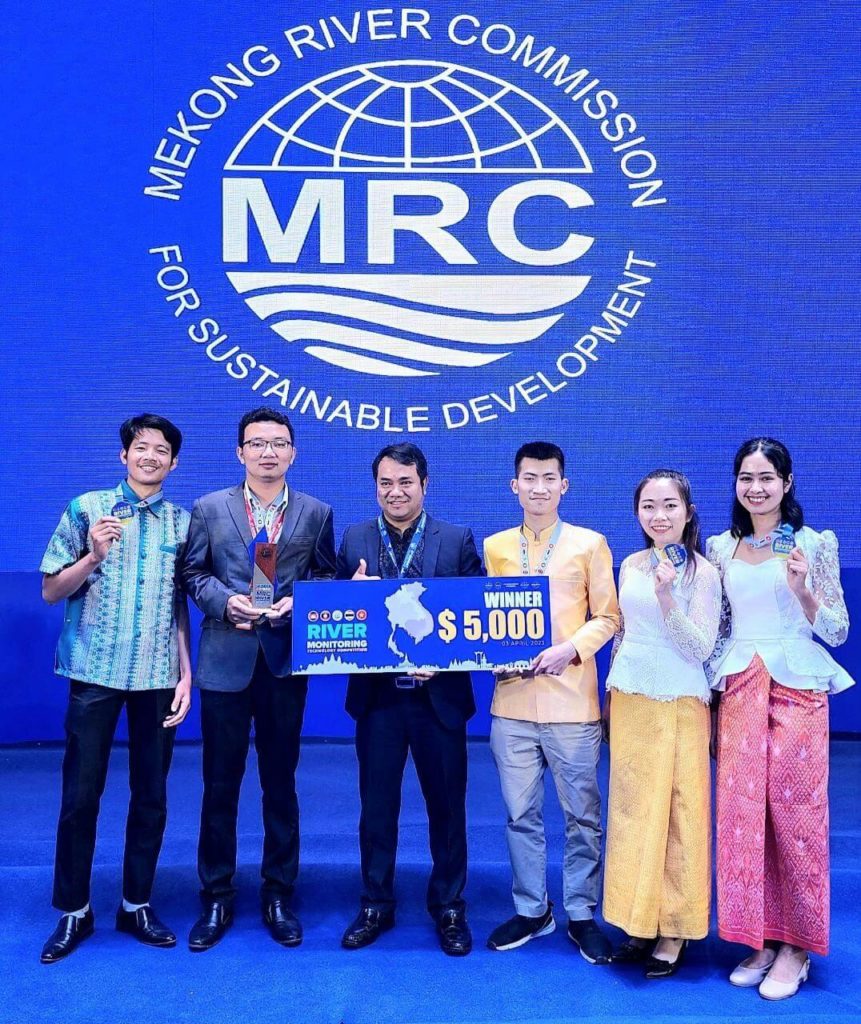
Coinciding with the meeting, a group of students and professors from the INOWASIA partner Institute of Technology of Cambodia won the first prize in the Mekong River Commission (MRC) Monitoring Technology Competition, the final session of which was also held in Laos and had the participation of several universities from four countries of the Mekong subregion. The winners have developed a rain gauge called “Spinning Bucket Rain Gauge” which is a concept and method derived from the ancient Khmer water movement.
The INOWASIA project
INOWASIA is an Erasmus+ capacity building higher education project that promotes the joint action of 11 organizations in 5 countries (Cambodia, Laos, Vietnam, France and Spain) to train a new generation of water professionals in Southeast Asia.
The collaborative framework of the project contributes to improve not only the teaching content, but also the transformation of the traditional teaching method to a modern competency-based teaching –for example, the integration of Problem-Based Learning (PBL)–, and the facilities to improve quality of teaching-learning and R&D services –for example, through the Water-Oriented Living Labs (WOLLs). More importantly, the collaboration between the university and the industry is one of the central elements in this kind of projects, to guarantee the sustainability of the educational programs after their completion; in this case, through the INOWASIA Academic and Professional Committee (APC).









